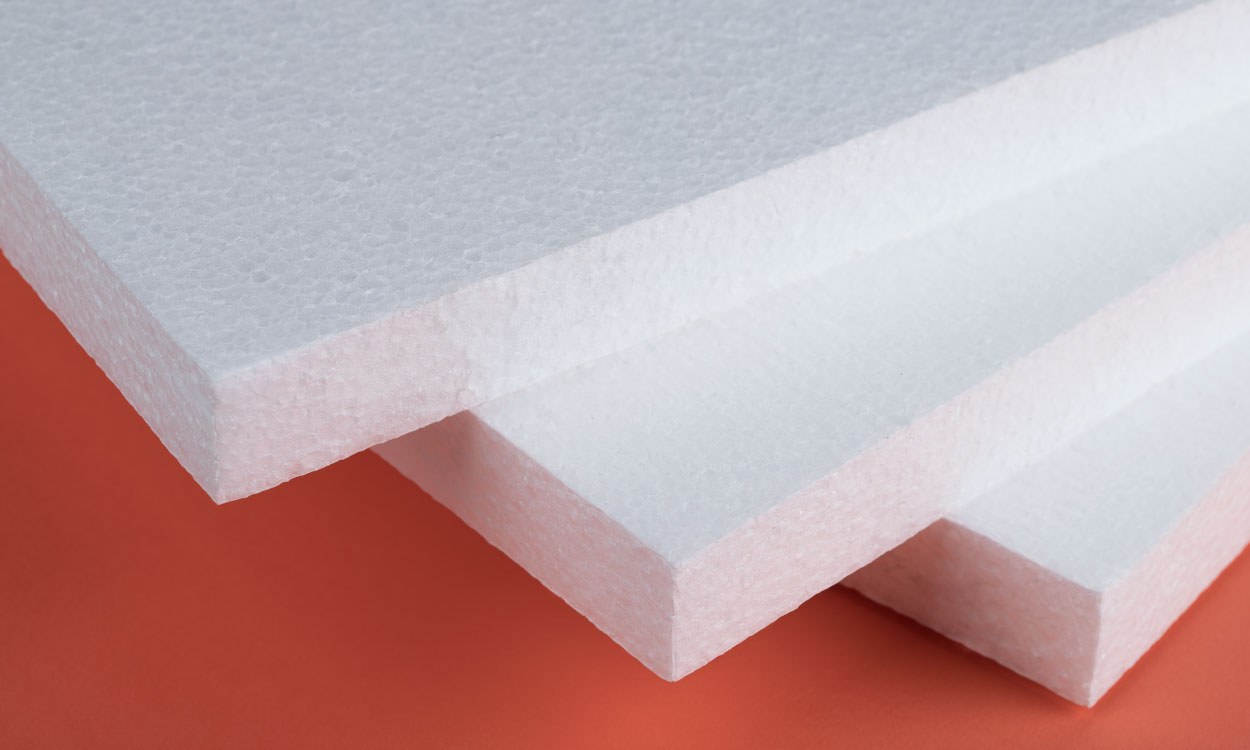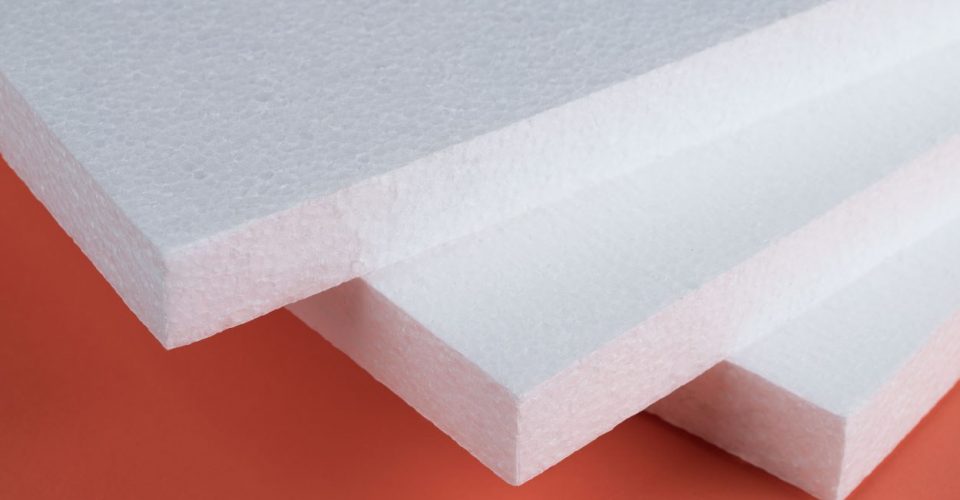How To Dispose of Polystyrene
From huge sheets that can be shaped to perfectly protect fragile items, to foam insulation and the tiny balls that fill bean bags in homes across the world. Polystyrene is light and cost-effective, meaning it is used extensively for a variety of purposes.
Have you ever wondered how to dispose of polystyrene? If you’ve unpacked a large electronic item and been left with huge sheets of the stuff, then you might have wrestled with the question of whether you can recycle polystyrene packaging. Millions of tonnes of polystyrene are used across the country each year, and for such a lightweight material, that equates to a huge volume of waste.

What Is Polystyrene?
Polystyrene is a type of plastic that can be manufactured into sheets and moulds, or produced as a foam. Expanded polystyrene is made up of 95% air. Commonly used in packaging, it is lightweight, robust, versatile, and can be produced in different colours. It is one of the UK’s most frequently used plastics, but although it is lightweight it can take up a lot of space in a bin and landfill sites. If sent to landfill it can take between 500,000 and 100,000 years to biodegrade!
Can You Recycle Polystyrene?
Expanded Polystyrene (EPS) can be melted and remoulded, which means it is perfectly possible to recycle it. To properly recycle polystyrene, it must be separated from other types of waste, so it can then be either compacted or shredded.
Once polystyrene has been processed, it is then turned into pellets which can be melted and used to make other plastic products. Unfortunately, the facilities for recycling polystyrene are limited in the UK, and indeed across the rest of the world, so it often ends up in landfill.
Compacting Polystyrene
As expanded polystyrene is such a lightweight material, even enormous pieces can weigh almost nothing. The fact that expanded polystyrene is 95% air is what makes it so lightweight. Compaction of waste polystyrene before disposal can help to reduce the amount of space it takes up; this process can be quite difficult, and breaking down polystyrene packaging risks small particles being blown away and littering the environment.
How Do You Reuse Polystyrene?
Reusing polystyrene is a great way to avoid sending it to landfill. It is possible to continually reuse packing nuts to store breakable items, which can be really useful when moving house or sending fragile parcels. Sheets of polystyrene can also be cut to shape and used again to protect multiple items.
Believe it or not, polystyrene can also be used in your garden. You can add chunks of polystyrene to the bottom of planters as a lightweight alternative to using broken pots or gravel to create drainage. It’s worth noting that it’s only safe to use polystyrene in the soil for non-edible plants.
Some pieces of polystyrene can be used in the garden as they are, foam cups and boxes are perfect to use for germinating seedlings.
Can You Put Polystyrene In A Skip?
Although there are more environmentally friendly ways of getting rid of polystyrene, they are relatively difficult to access, as there are only a few specialist facilities currently operating in the UK. Polystyrene can be placed in a skip, but it’s important to do this in a way that takes up the smallest amount of room possible. Check out our article on how to load a skip like a pro for more tips and tricks on the most efficient way to load waste into a skip.
A significant volume of polystyrene waste can be generated when finishing renovation projects, especially if you are unpacking new furniture and appliances. You might also want to read our guide to white goods and old furniture disposal, for advice on getting rid of the items you are replacing.

